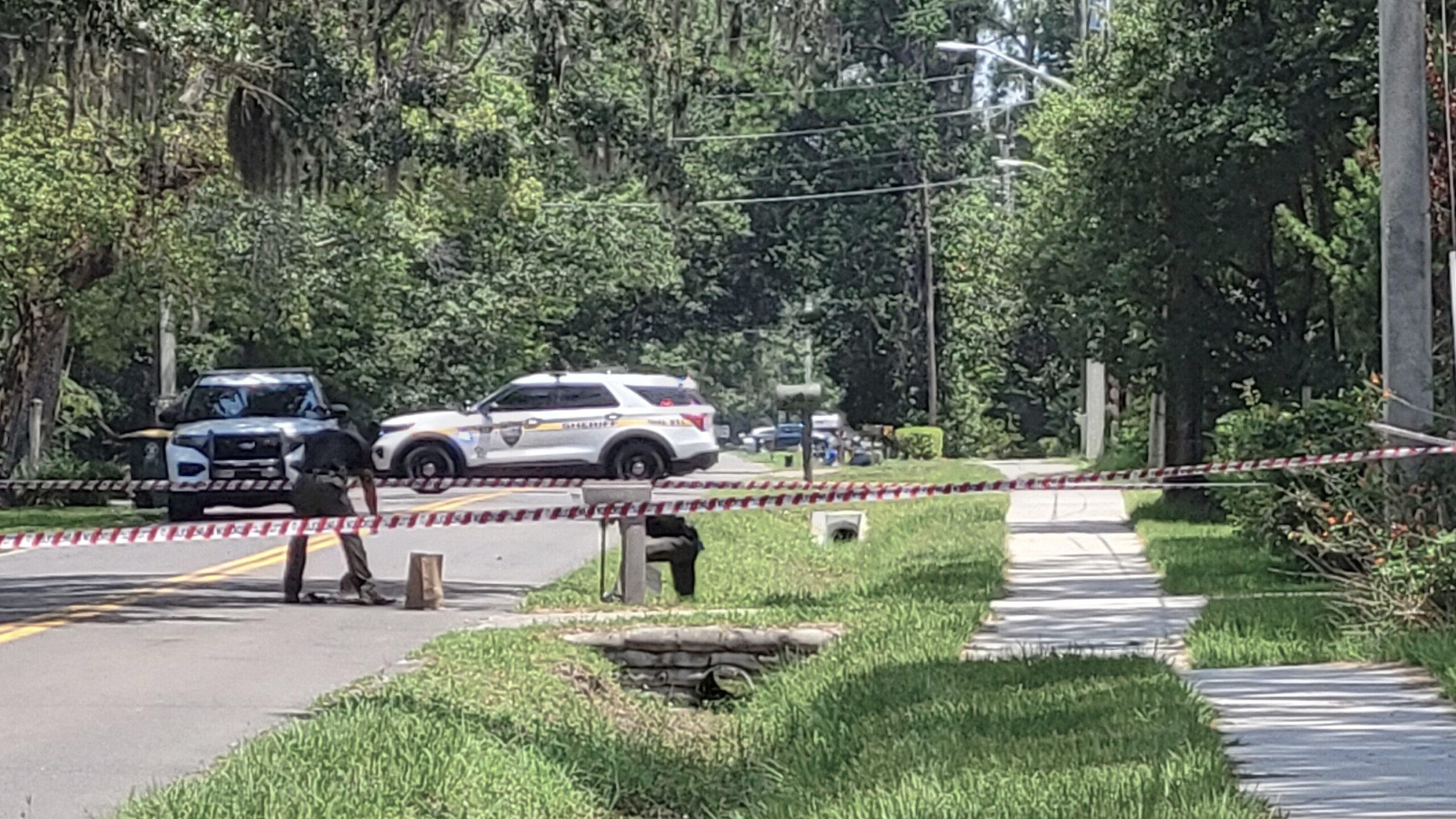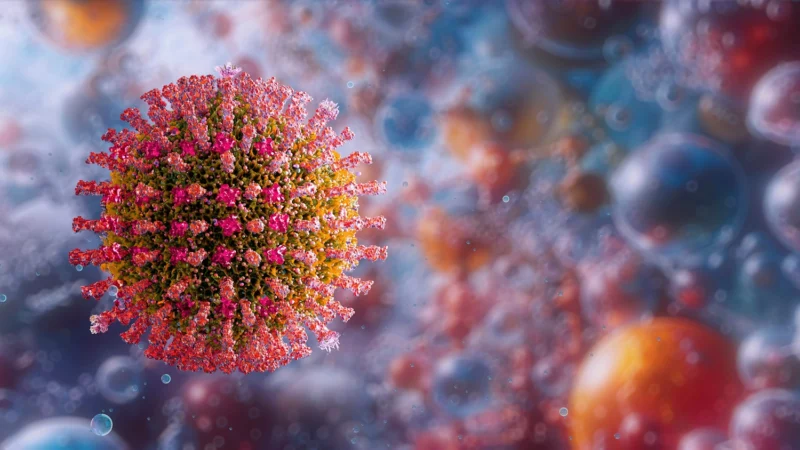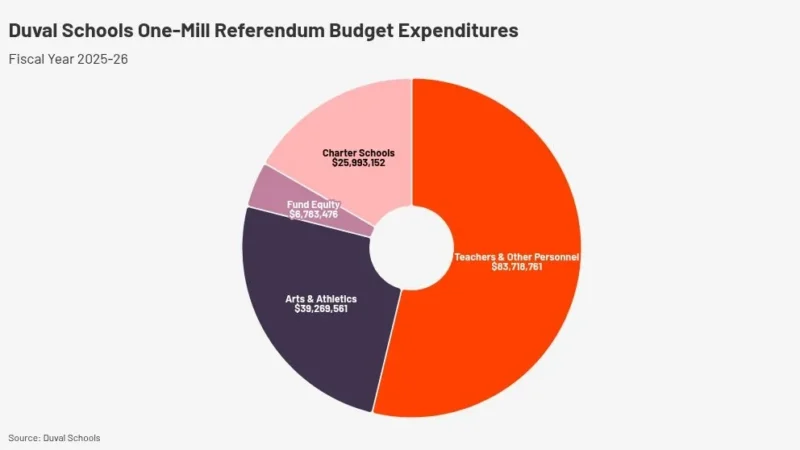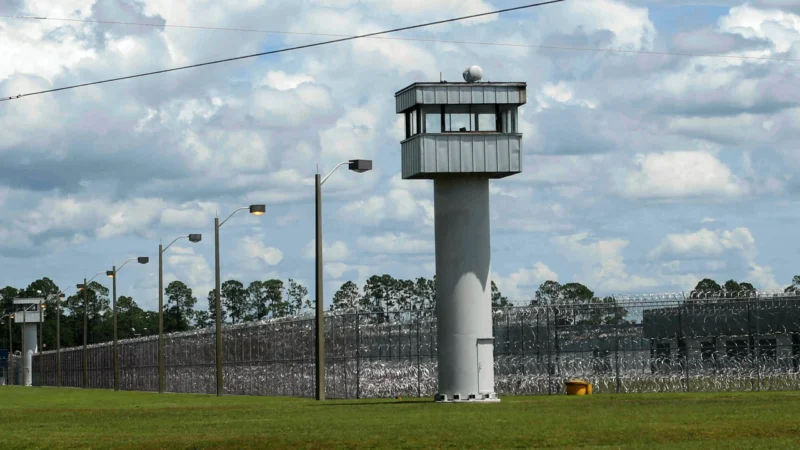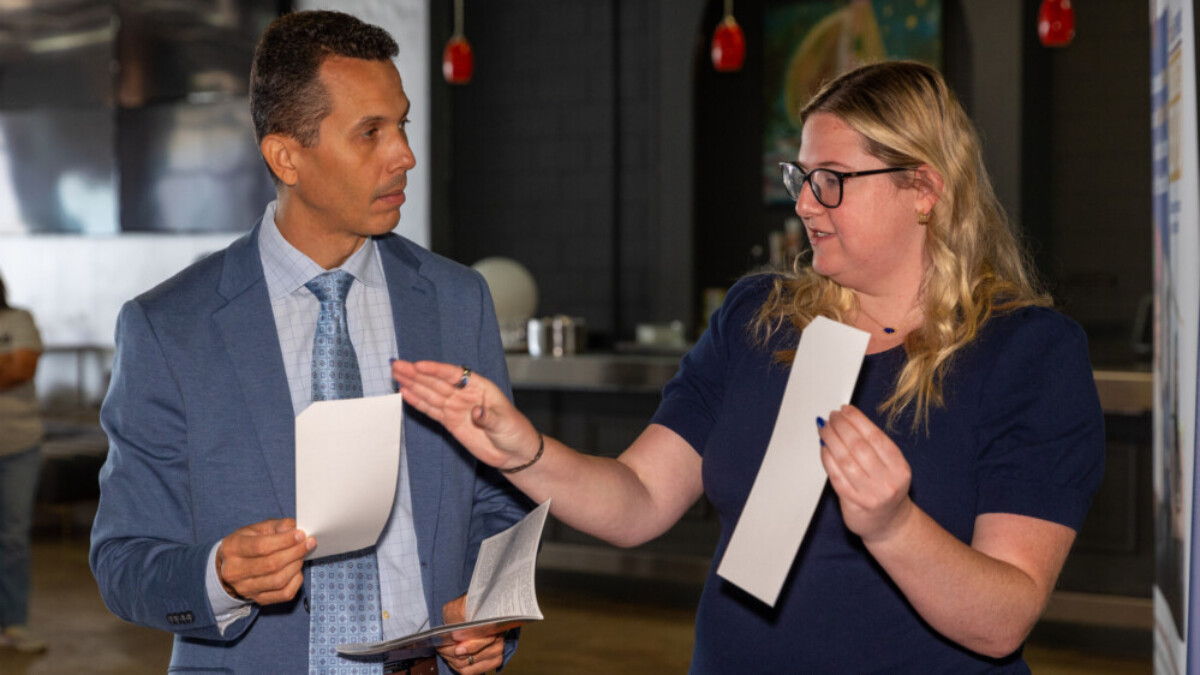Jacksonville’s Feletta Smith and Beverly McClain are both survivors of violence who arose from the darkness to found support groups for other survivors.
Both will join more than 3,000 others, including others from Jacksonville, who have lost loved ones to violent crime, or been victims of it, at Tuesday’s Crime Survivors Speak March on Washington. The first by a national grassroots movement centering the needs of victims of crime, they seek to urge lawmakers to expand support for crime victims and their families and pass reforms to break cycles of crime.
Smith survived being shot 13 times on Feb. 29 of 2004, as Thomas Bevel killed her boyfriend Garrick Springfield and 13-year-old Phillip Sims in her home in the Brentwood area, police said. Bevel ultimately received two death sentences. And as she healed, Smith began Beyond the Bullet to cultivates a safe place for victims of gun violence, encourage them to take action, and celebrate the lives of those who were killed.
For her, meeting with other survivors of violence is a key reason to go to Washington.
“We can talk about victims’ rights and just hear how we feel about gun violence as well,” Smith said just before leaving for the march. “I was chosen to go to the White House to speak about gun violence, so that will be very exciting for me.”
McClain will be there as well, 19 years after her son Andre was murdered. Devastated by his death, she started Families of Slain Children as a way to help other families in the same situation. Outside its headquarters on North Myrtle Avenue is a memorial wall commemorating almost 3,000 crime victims, with room for no more.
Now McClain wants to add her voice to the chorus asking lawmakers for change.
“The more, the better,” McClain says. “The more ears, the better. Our voices will be heard. We need to come together so we can learn to support each other more, and better.”
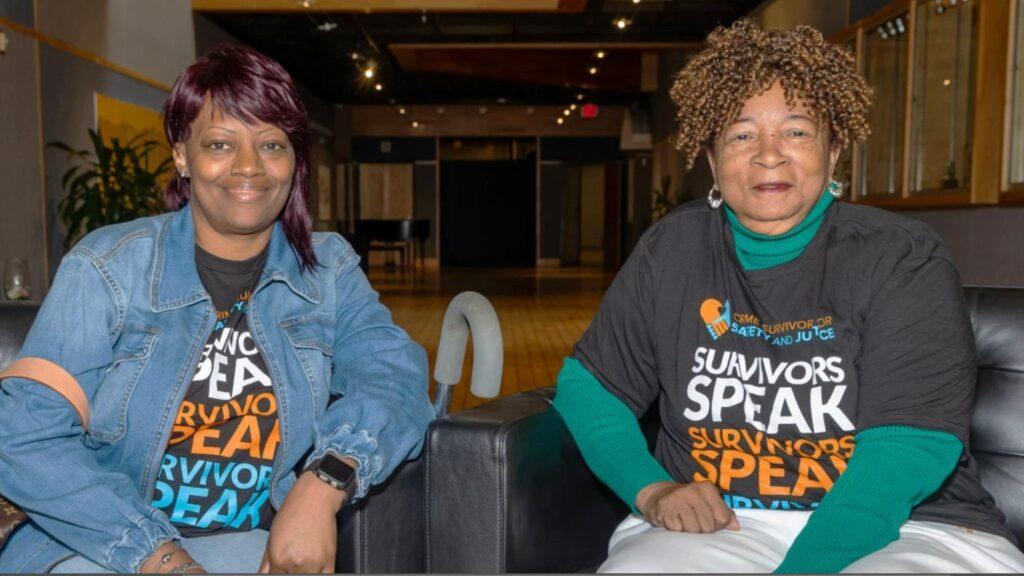
Many of the local crime victims and march participants left for Washington, D.C., early Sunday on a bus from Families of Slain Children’s North Myrtle Avenue office.
The march was organized by Crime Survivors for Safety and Justice, a national network of more than 200,000 crime victims advocating for a justice system that prioritizes healing, prevention, and recovery, its organizers said.
The group says it’s helped get more than 100 criminal justice and public safety reforms passed in state legislatures. And the march comes on the 40th anniversary of the Victims of Crime Act, the 30th anniversary of the Violence Against Women Act, and the 20th anniversary of the Crime Victims Rights Act.
Planned events include a march and rally with survivors at Union Square, and a Healing Festival on the National Mall. And several survivors and advocates, including Smith, will meet with congressional representatives and senators to discuss policy priorities, share personal stories and advocate for programs that address the root causes of crime.
McClain, who helps the families of those who died with grief counseling, food or just someone to talk to, she hopes someone listens to their pleas this week in Washington. Not a day goes by that she doesn’t think of her son “and other sons and daughters who I deal with.”
“It doesn’t get any better; it doesn’t get any easier,” McClain said. “There are too many.”
And Smith, who said she is worried about how many young people are dying because they have access to high-powered guns at such an early age, also hopes they listen.
“We are telling our stories; we are voicing how we feel,” Smith said. “We are coming to heal. We want to have the right to heal, so we want to have someone listen to us and listen to our thoughts and our feelings. Put us at the table with the lawmakers and just let them know how we feel as survivors of these violent crimes.”



